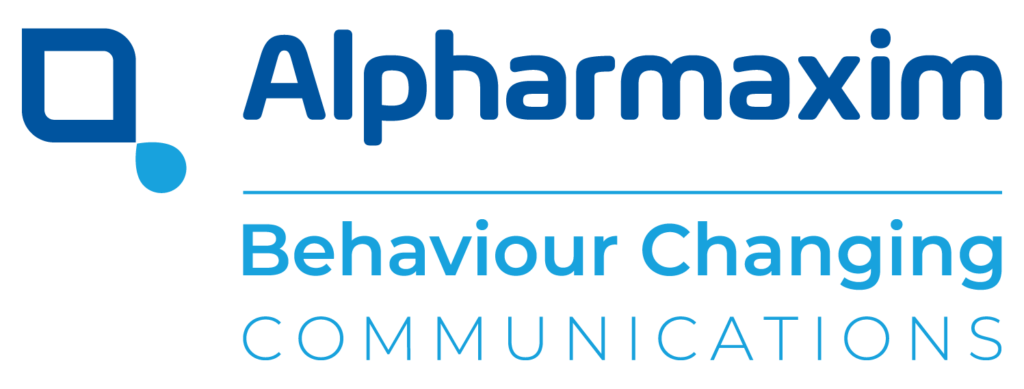Written by: Adrian Doe
Adrian is Account Director at Alpharmaxim Healthcare Communications
In this second article, we share five more key things we can all learn from the most successful speciality healthcare companies working in rare diseases and how they help overcome the huge challenges of raising awareness and delivering access to potentially life-changing treatments for patients. You can read the initial article on our website to find the first five key learnings.
1. What does success look like?
Setting realistic treatment expectations for patients and healthcare professionals (HCPs), and having agreed measures in place to determine success, sounds simple (and obvious). It isn’t. Getting this right is particularly important in rare diseases, where access will only come if you can demonstrate clear value for what are often very expensive treatments. The trial endpoints that your clinical team draw up may be a long way from the real-world improvements in patient outcomes that health economists are looking for.
2. The value of support
Oh, and don’t forget about the value of patient support services. Patient adherence is also essential for treatment success, as your drug won’t take itself.
Alpharmaxim worked on an epilepsy product where our client successfully funded a team of community nurses to improve treatment adherence by training and supporting patients, their families and carers to know what to do in the event of a seizure.
3. Why bigger isn’t always better
You don’t need the biggest budgets or the largest sales force in order to make the greatest impact though. This is just as well in rare diseases, where many players have limited resources. Digital communications and the power of big data can really help maximise your reach.
You don’t need the biggest budgets or the largest sales force to make the greatest impact.
Alpharmaxim works with a number of clients who partner with healthcare providers to use software algorithms to identify potential patients from their medical records, and who successfully use search engine optimisation strategies to increase their visibility online with HCPs who are searching for symptom clusters relevant to their product.
4. Do you have a convincing story to tell?
Most successful pharmaceutical products have the same thing in common: they tell a clear, convincing brand story. It’s all about getting the fundamentals right and being able to answer four crucial questions.
- What’s your reason for HCPs to care?
- What is the unique, unmet medical need you are addressing?
- What are the benefits to patients that only your product offers?
- What is your call to action to HCPs to make change happen?
Most successful pharmaceutical products tell a clear, convincing brand story.
5. Who are you?
It’s not just about the product either. Establishing your company profile is important too, so that you are seen as a valued partner by HCPs and patients. Would you pay tens of thousands of pounds to buy a product from a company you’ve never heard of and know nothing about? Enough said.


